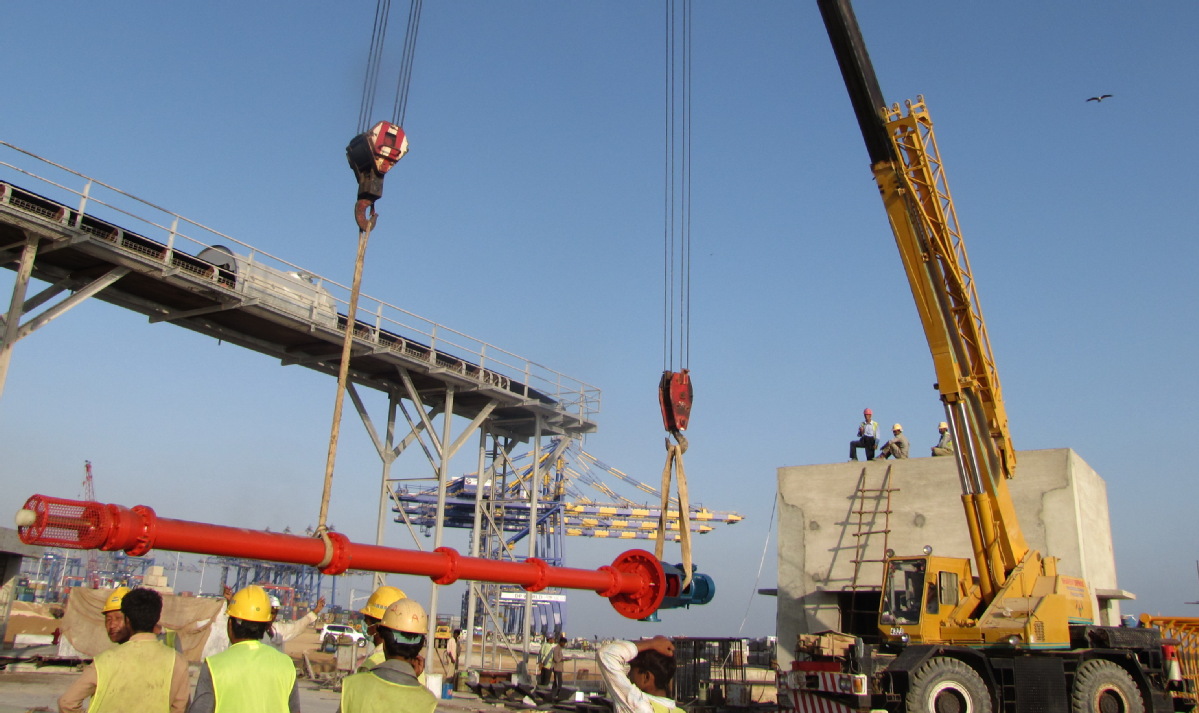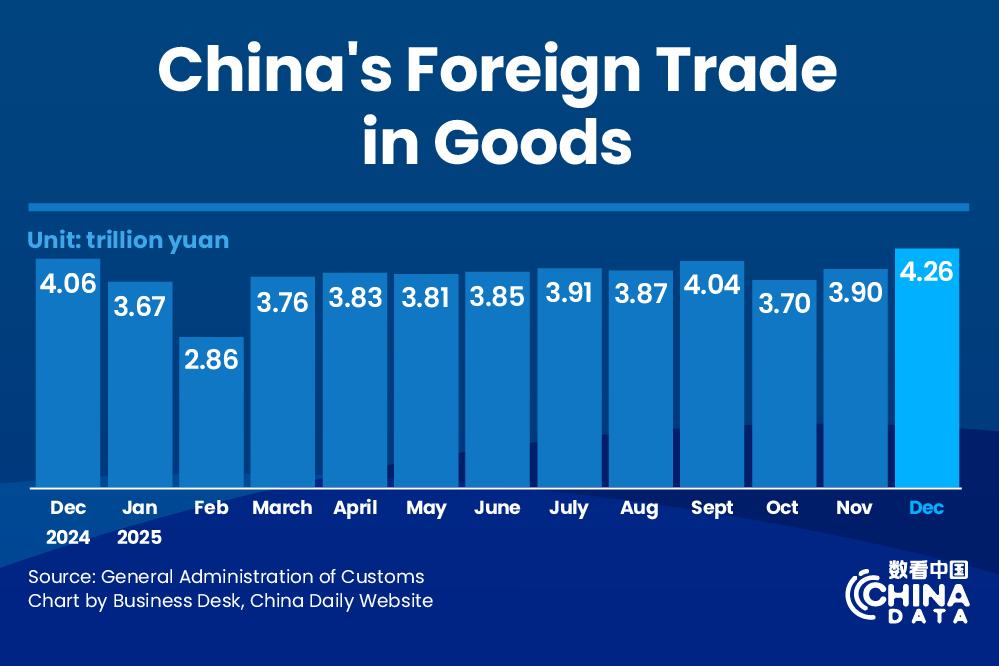Water tech for the world's needy


In January this year, the company installed two sets of desalination equipment at the Gwadar Free Trade Zone, with a daily production capacity of 1,000 tons of clean drinking water.
With a population of around 80,000 people, Gwadar needs to build up at least a production capability of 60,000 tons per day in the next five to 10 years in the future, said Liu Chuan.
Seeing the big potential in the local water business, Liu Chuan expects the company's revenue will surge to more than 100 million yuan ($15.5 million) this year, compared to more than 60 million yuan in 2017.
"Last year, roughly half of the revenues came from overseas projects. We aim to see revenues from overseas markets account for a larger portion of the total."
Liu Chuan said while developed European countries and the United States are competitive in terms of infrastructure construction, China has accumulated a lot of experience during recent years, shaping to be at the forefront in some specific fields.
"We've got 97 water treatment and related patents, and the number is set to hit more than 100 this year," he said. "The Belt and Road Initiative has brought new opportunities for Chinese firms to improve their technologies and enhance business operations. Every effort devoted to tackling problems will make breakthroughs."
For instance, due to the high salinity, the marine mollusks including shells usually grow quickly in the Gwadar region, which will be easily drawn into the intake pipes and block water flow. To solve the problem, the company has developed a device to prevent marine creatures from growing in the water intake pipes.
Similarly, another breakthrough was the material of water pipes-it is environmentally friendly and hygienic, which allows citizens to directly drink the tap water.
Shaikh Muhammad Shariq, chief representative at the National Bank of Pakistan, said the Belt and Road Initiative makes it easier for future cooperation between China and other countries and regions involved in the initiative.
"China has transformed tremendously during recent years, acquiring advanced technologies in many fields. And Pakistan has abundant labor as more than 60 percent of the population is under 25 years old. So, that's a good chance for Chinese companies to take their technologies to Pakistan and take advantage of the huge local labor resources," Shariq said.
According to him, as Chinese companies continue to expand globally, they should also be aware of the challenges ahead.
"They need to have a better understanding of the local market to adjust to the environment. I would suggest they should learn to cooperate with local companies and financial institutions, may be by way of joint ventures."
Liu Chuan agreed, saying he is looking for more business opportunities in the overseas markets, especially developing economies related to the Belt and Road Initiative, as they have a huge demand for infrastructure construction.
"We plan to use internet-related technologies to develop more business and apply our patents to more overseas projects, providing better water supply and water treatment solutions to local citizens."




































